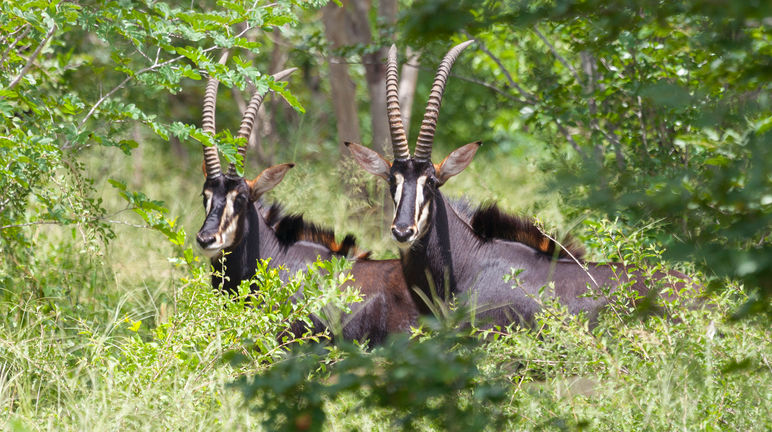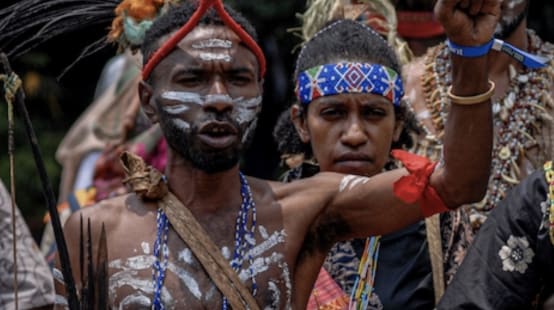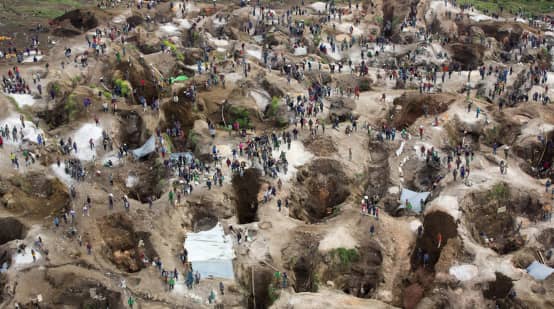Mozambique: stop a giant pulp project in the miombo woodlands!
 Sable antelopes can’t survive on pulp plantations. (© istockphoto.com)
Sable antelopes can’t survive on pulp plantations. (© istockphoto.com)
A Portuguese pulp company wants to clear up to 237,000 hectares – including Mozambique’s miombo woodlands, a unique southern African ecosystem – for eucalyptus plantations. Rural people are being driven into poverty as Portucel grabs their land. Tell the World Bank Group to kill this disastrous project by canceling its financing.
Call to actionTo: Jim Yong Kim, President of the World Bank; Philippe Le Houérou, Chief Executive Officer of the International Finance Corporation (IFC)
“The pulp mill and eucalyptus plantations planned by Portucel in Mozambique would be an ecological and social disaster. Stop the project NOW!”
The miombo woodlands of southern Africa are a complex ecological mosaic that is home to more than 300 tree species. Of the 633 documented bird species, eleven are endemic. The miombo provides habitat for several antelope species, as well as elephants, giraffes and lions in many areas.
In the north of Mozambique, up to 114,000 hectares of miombo woodlands are due to be felled to make way for vast, uniform eucalyptus plantations. The impact would be dramatic, causing a massive loss of biodiversity, degrading soils and disturbing the regional water balance.
Portucel’s Mozambique project would leave no room for nature or the rural people. A study by the Environmental Paper Network documents that numerous small farmers have already lost their land and livelihood, slipping into poverty and food insecurity. For most, the promised jobs and better living conditions remain an illusion.
Portucel Moçambique intends to produce 1.5 million tons of pulp for the Asian market at its planned pulp mill. The seedlings for the plantations will come from the company’s own nursery – the largest in Africa.
The €3 billion investment in the pulp project leaves no doubt that Mozambique is opening up for big business. It is therefore not surprising that the IFC, a sister organization of the World Bank, holds a 20 percent stake in the undertaking.
The pulp mill and associated plantations is not the only environmentally and socially problematic large-scale project in Mozambique. With its ProSavana program, the government is massively promoting Brazilian-style industrial agriculture.
Portucel Moçambique has already cleared thousands of hectares of forest. The plantations are scheduled to be up and running over the course of the next twelve years. It’s not too late to take action – we can still save precious forest areas.
BackgroundStudies by the Environmental Paper Network and other organizations have analyzed the devastating consequences of the pulp and plantation project.
Here are the websites of Portucel Moçambique and its corporate parent, The Navigator Company, a group that posts annual sales of €1.6 billion. The company also owns 120,000 hectares of land in Portugal, 73 percent of which are eucalyptus plantations.
Devastating forest fires in Portugal
Portugal, the home of Portucel, was hard-hit by wildfires in 2017. The fires raged out of control when highly flammable eucalyptus plantations swiftly went up in flames.
To: Jim Yong Kim, President of the World Bank; Philippe Le Houérou, Chief Executive Officer of the International Finance Corporation (IFC)
Dear Mr. Kim,
Dear Mr. Le Houérou,
Ladies and Gentlemen,
Portucel Moçambique has acquired 356,000 hectares of land for plantations to supply its planned pulp mill in Ile-Namarroi. A large part is to be cleared in the coming years for the planting of eucalyptus plantations. This land includes 114,000 hectares of ecologically valuable miombo woodland, a unique southern African ecosystem.
The IFC is supporting this project.
The local population complains of land grabbing, a lack of information and loss of their livelihood. Many people are being driven into poverty and their food security is being jeopardized. Promised jobs have not been created.
The environmental and social impacts of the project are intolerable. We call on you to cancel its financing.
Yours faithfully,













 Recent successes
Recent successes